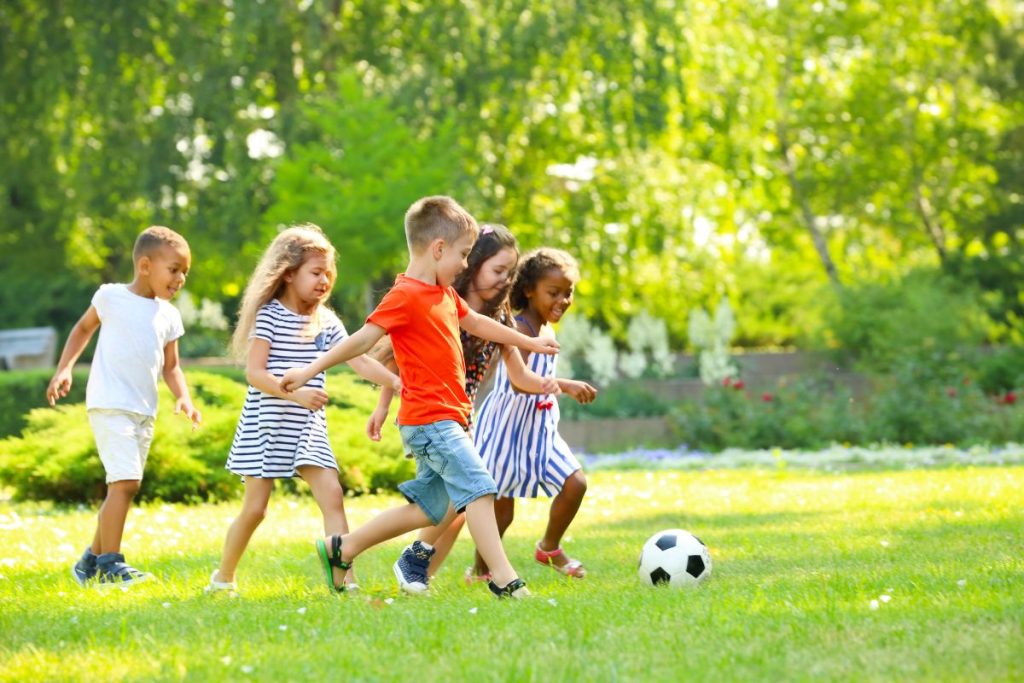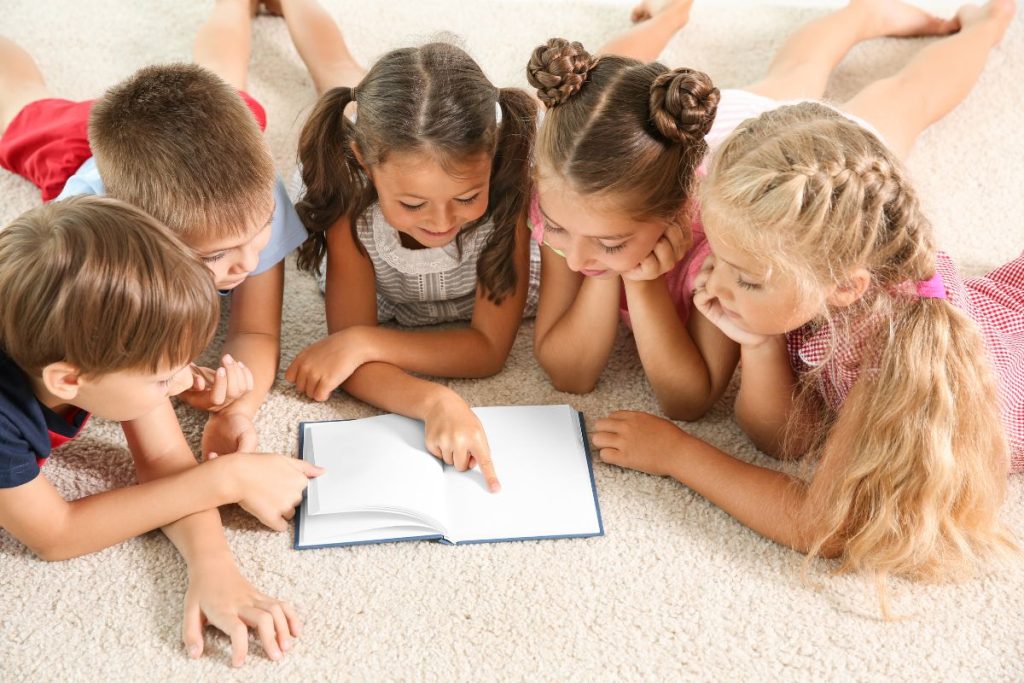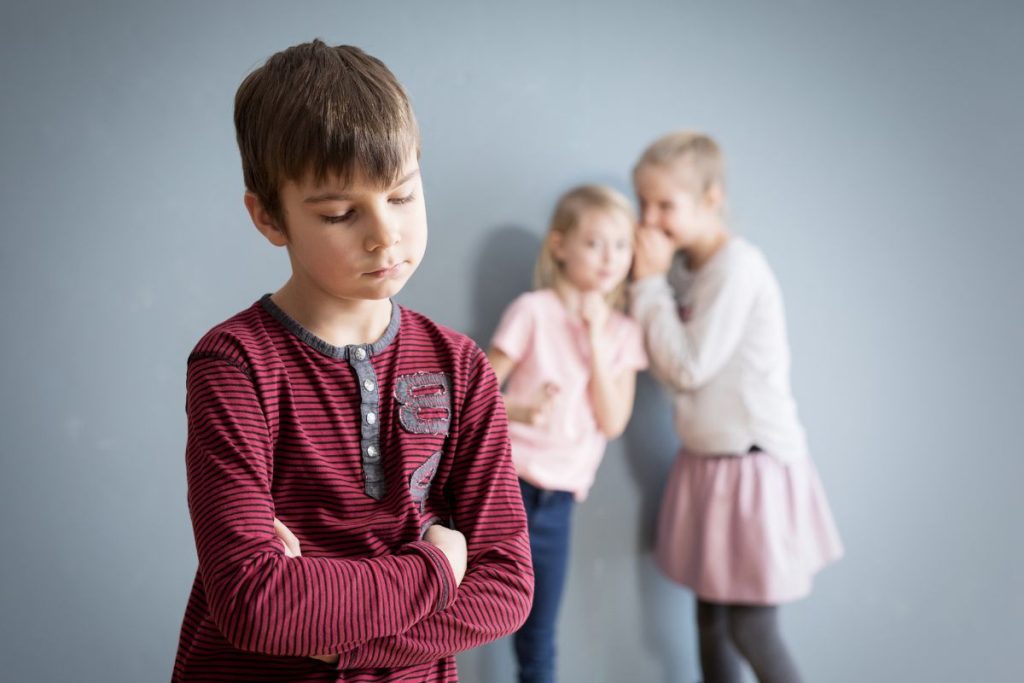As a parent, seeing your 5-year-old struggle to socialize can be heart-wrenching. Despite your best efforts, you may notice your child finding it tough to make friends, engage in play, or share with others. This can lead to a whirlwind of worries, as you question if your child is lagging in their social development. It’s important to remember that each child is unique and develops at their own pace. However, fostering social skills at a young age is crucial as it lays the foundation for future interactions and relationships. This guide is here to provide you with strategies to help socialize your 5-year-old, easing your worries and empowering your child to thrive socially.
Creating Opportunities for Social Interaction
Playdates and Their Significance
Organizing playdates with other children of a similar age can be a great way to help your child learn to socialize. These playdates provide a safe and controlled environment where your 5-year-old can practice interpersonal skills. For instance, playing with building blocks or dolls together can help teach them about sharing and cooperation. They can also learn how to express themselves, understand their feelings, and respond to others.
Enrolling Your Child in Group Activities or Sports

Group activities or sports are another excellent way for your child to socialize. Enroll your child in a soccer team, dance class, or a local scouts group. These activities not only provide an opportunity for your child to interact with their peers but also instill teamwork, discipline, and respect for others. For example, in a soccer team, your child would learn to work together with their team members to score a goal, teaching them the importance of working together towards a common objective.
Participating in Community Events
Community events, such as fairs, library story times, or local festivals, offer a bright and engaging environment for your child to interact with others. They provide a broad array of socialization opportunities for your child. Your 5-year-old can get exposed to different cultures, traditions, and lifestyles, promoting a sense of openness and acceptance. For example, at a local festival, your child might have the opportunity to participate in folk dances, learn about traditional foods, and interact with children from diverse backgrounds. This would not only be fun but would also teach them to appreciate and respect diversity.
Encouraging Sharing

Encouraging your 5-year-old to share and communicate effectively with peers is a pivotal step in their social development. Remember, at this age, the concept of sharing can be quite challenging. Start with simple exercises at home, like sharing toys during playtime or taking turns while playing a game. Praise their efforts frequently to reinforce positive behavior.
For example, you could organize a playdate with one of their peers. During the playdate, you can guide them to take turns playing with their favorite toy. This not only introduces the idea of sharing but also provides a real-life context to practice it.
Teaching Empathy
Teaching empathy can be a powerful tool in the socialization of your child. It helps them understand and share the feelings of others, thereby promoting harmonious interactions. For instance, if another child is upset, you could say, “Look at Johnny. He’s crying because he fell. It must hurt. Maybe we could comfort him?” This simple dialogue can help your child understand the emotional cues of others and respond accordingly.
Leading by Example
Kids often imitate their parents. So, show them how to behave and interact in social settings. For instance, when you’re at the grocery store, demonstrate polite behavior like saying ‘please’ and ‘thank you’. Show them how to initiate and continue a conversation by casually talking with the cashier or other people in the line. These real-world examples can significantly influence their understanding of social norms and behaviors.
Encouraging Communication Skills

The Role of Effective Communication in Social Interactions
Effective communication is integral to the development of robust social skills in children. It’s the bedrock upon which all human interaction is built, enabling your child to express their thoughts, feelings, and needs clearly. In addition, it helps them understand the perspectives of others and respond appropriately, fostering mutual understanding and respect in their interactions.
Let’s take the example of a situation at a playdate where your child wants to play with a toy another child is using. If your child can communicate effectively, they can politely ask the other child if they can take a turn, instead of grabbing the toy or throwing a tantrum. This not only helps maintain harmony during play but also reinforces the importance of respectful communication in social interactions.
Simple Exercises to Enhance Verbal and Non-Verbal Communication
There are numerous simple yet effective exercises that you can do at home to enhance your child’s verbal and non-verbal communication skills. For improving verbal communication, one of the best activities is reading stories together. You can ask your child to predict what might happen next, or ask them to explain why a character acted in a certain way. This will help your child to think, articulate their thoughts, and engage in two-way communication.
An example of an exercise for improving non-verbal communication could be a game of ‘Charades’. Here, your child has to express a word or phrase through their gestures and body language without speaking. This can help your child understand that communication is not just about words but also about non-verbal cues like facial expressions, gestures, and body posture.
Remember, the goal of these activities is not just to improve your child’s communication skills but also to make the learning process fun and engaging.
Dealing with Social Challenges

Navigating Social Challenges
Children may face a variety of social challenges as they learn to interact with others. For instance, your child might be naturally shy, tend to behave aggressively or show little interest in socializing. It’s crucial to address these challenges early on to lay the foundation for healthier social interactions in the future.
Take, for example, a shy child. You can help them overcome this by gradually exposing them to social situations. Start with smaller settings like play dates with one or two friends before moving to larger gatherings. Reinforce their efforts with positive feedback to build their confidence.
In the case of aggressive behavior, it’s essential to help your child understand that aggression is not an acceptable way to express their feelings. Instead, teach them healthier ways to express frustration or anger, such as using words to express their feelings, taking deep breaths, or taking a timeout when they feel overwhelmed.
For children showing a lack of interest in socializing, try to find activities that they enjoy and involve other children. This approach can make socializing more enjoyable for them. For instance, if your child loves painting, you could arrange a fun painting session with peers. This can provide a more comfortable setting for your child to interact and connect with peers.
When to Seek Professional Help
While it’s common for children to face social challenges as they learn to navigate the world around them, there may be situations when you might need to seek professional help.
If your child’s social struggles persist despite your best efforts, or if their behavior is causing significant difficulties at school or home, it might be time to seek the advice of a child psychologist or a child development specialist. For instance, if your child is consistently aggressive and unresponsive to discipline, or if they’re excessively withdrawn and fearful of social situations, these could be signs that professional help is needed.
Remember, seeking professional help is not a sign of failure but a step towards understanding and supporting your child better.
Read more: How Can I Help My 5 Year Old Make Friends At School?
Conclusion
Socializing your 5-year-old is a fulfilling yet challenging journey, playing a crucial role in shaping their ability to interact, empathize, and form meaningful relationships with others. From leading by example, and encouraging communication skills, to dealing with social challenges, every step you take will positively impact their social development. While there may be hurdles along the way, remember that it’s perfectly okay to seek professional help when needed. Every child is unique and learns at their own pace. Be patient, remain supportive, and celebrate their small victories. You’re doing an amazing job, and every effort you put in today will help your child grow into a confident, socially adept individual. Keep going, you’ve got this!
